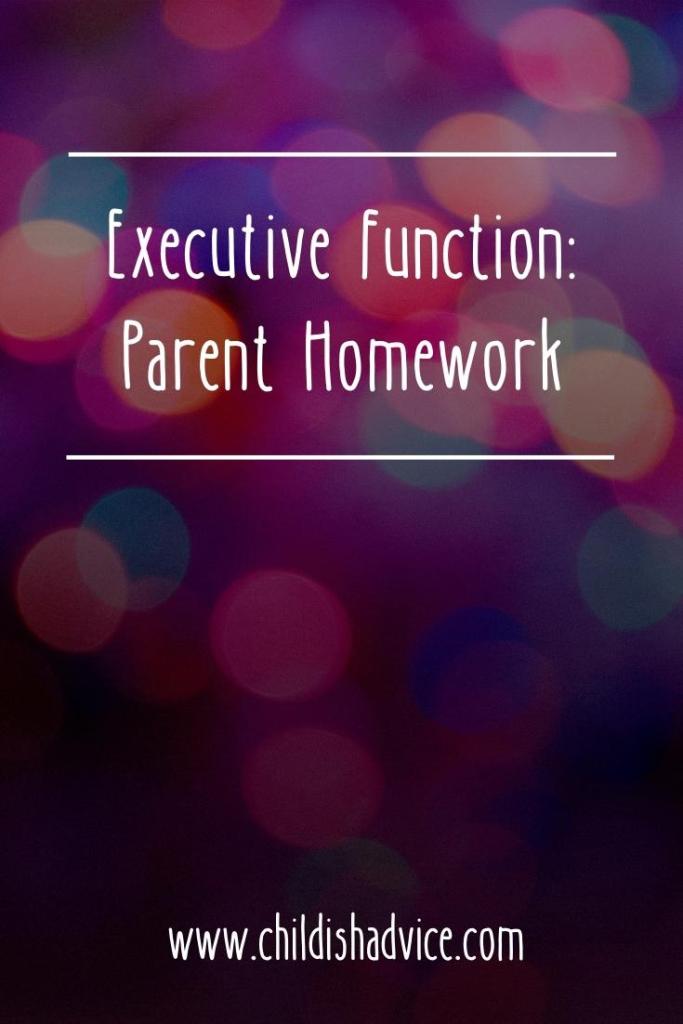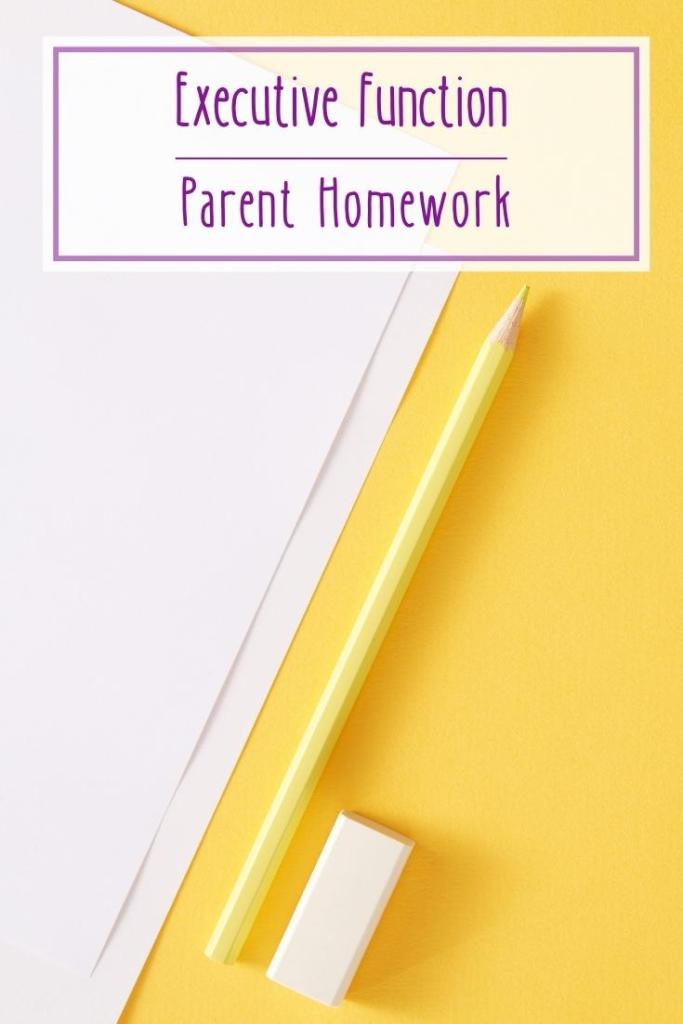We’ve been talking about executive function heavily for the past couple weeks, so by now you should have a grasp on how it all works. But, what does this mean for us as parents?
Executive functions aren’t concrete, fast skills to learn, but they do need to be pointed out intentionally as you go along. We’re not asking you to put something entirely new on your plate, but instead become more intentional with the activities and experiences you do with your kids.
Activities That Highlight EF
Cooking
From my IG feed, you can tell that cooking with my kids is my favorite. You have a list of materials to gather and measure, an order and procedure to your recipe, and specific motor skills with each tool and ingredient. You test patience and attention throughout. There is a clear beginning, middle and end, along with cleaning up and enjoying your reward.
You don’t need to incorporate anything new into a recipe in order to exercise your kid’s brain. Simple questions will engage them and get them talking about the process.
What ingredient comes next? Does this look like the picture? Are you ready for the next step? And with each recipe, they get more confident and engaged.
Games
Tuesday’s post had a great rundown of age-appropriate games that flex EF. Board games, card games and sports all have concrete rules that give a framework for planning ahead, working collaboratively, problem-solving and focus.
These are also things that are learn-by-doing. You never quite understand a game just by watching or having someone tell you what to do. You practice. Your skills and understanding get better with each repetition. And with each new game you start, you will most likely have a different ending, lending to mental flexibility.
Note to self: Keep games age-appropriate. Just because you introduce Monopoly to your kid at five doesn’t mean they’re going to be a cash-counting, real-estate prodigy. Monopoly is a great game when we’re talking about executive function because you have planning, budgeting, cooperative play, and have to self-regulate when things don’t go your way. However even as an adult, Monopoly can really get us dysregulated and bad things happen. Kids will also lose interest if they can’t keep up with more complicated games and elements. Maybe go with Monopoly, Jr. first.
Big Family Calendars
I don’t think I could function without a calendar and whenever I’m in the office, my girls always want to copy what I’m doing. They asked if I could print them their own calendars even though I’m pretty sure they don’t exactly know what they are used for. If you have space, get a big visual family calendar and allow them to participate in keeping it updated. You could color-code names or days of the week. You could have stickers for each of their after-school activities, as well as fill in any appointments, birthday parties, or trips. Each day, ask them to check out the calendar and see what is in store. This gives them a working idea of how the day is organized and how to plan ahead accordingly.
Morning and Evening Routine
Yes, you do this day-in and day-out with your kid, but it takes a couple years and a height requirement before they will be able to handle the morning and evening routine autonomously. The skills they learn in these routine tasks are the foundation for personal hygiene and self-care as they get older.
Bonus points: When your kids start becoming more self-sufficient in their morning and evening routines, you can start adding in chores to these times. The book Atomic Habits would call this habit-stacking; but for parents, it’s an easy way to practice time management, focus and good work habits at a young age. Here’s the link to our earlier blog posts about age-appropriate chores.
Leading questions
We’ve talked about asking empathy questions when you’re watching TV or reading a book with your kid. The same applies here. Asking them open-ended questions, if/then questions, what’s next, now what; these all give kids the opportunity to think about what they want to say before they say it.
You are introducing deeper analytical thinking and making connections, instead of just giving them direct commands. This also flexes their social and communication skills. Keep in mind you are not quizzing them for knowledge. You are demonstrating how conversations work and including them in that space.
Warning: Re-frame your expectations
Executive functions don’t peak until your mid-twenties, so it’s very easy for parents to expect kids to be capable of something they aren’t quite ready for. Have you ever caught yourself saying, “when I was your age, I could do that and this, etc”?
Exercising executive function doesn’t mean you are training your child to be an actual adult. You are simply introducing concepts that wire the brain for more elevated functioning as they grow older. This is the basis for actual adulting skills: effective communication, autonomy, sustained focus, critical thinking, reading the room, etc.
Think of this as Executive Function baby steps. School-age kids have a steep development trajectory so they will be able to connect to what you’re asking, but they can still be kids in the meantime.

Follow Child(ish) Advice on Facebook, Twitter, Pinterest, Instagram, and TikTok.


One thought on “Executive Function: Parent Homework”